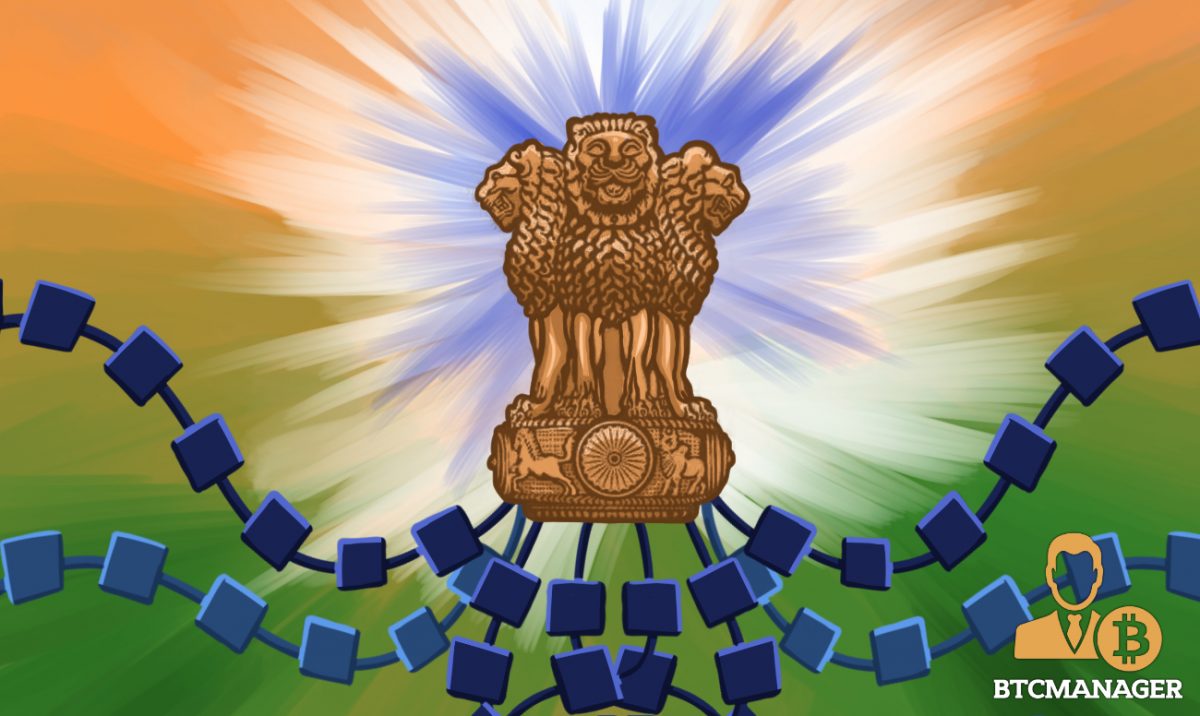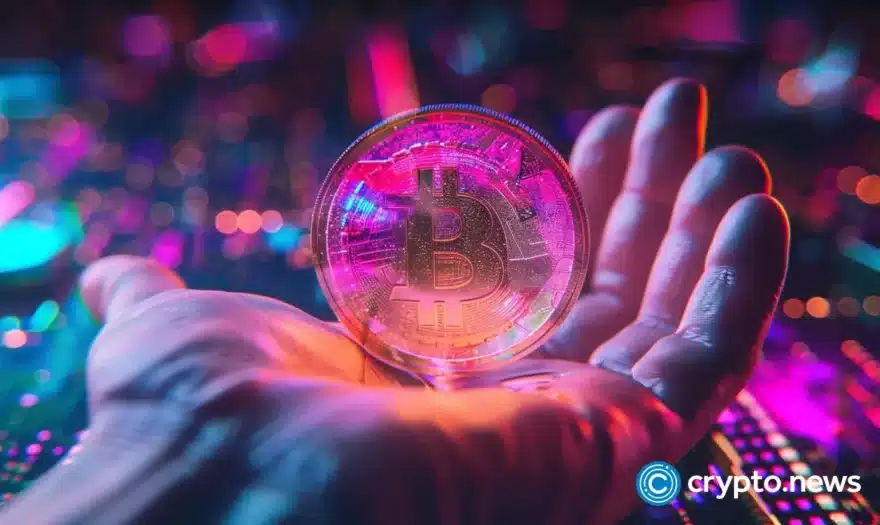Indian Think Tank looks to Launch Blockchain-based Pilot Projects

An Indian news publication, Economic Times, reported on January 4, 2018, that the government’s policymaking subsidiary is actively looking into the applications of blockchain technology in the areas of education and agriculture. The body of the government currently exploring the technology is Niti Aayog, also known as the National Institution for Transforming India and the policy think tank for the government. The committee is interested in developing a proof of concept to establish the utility of blockchain technology and its viability.
The government body behind the exploration, Niti Aayog, was instituted in 2015 with a view to achieving sustainable development goals and the reconcilement of technology with ordinary governance. A recent hackathon held by the body saw the development of numerous blockchain-based prototypes across many sectors.
An unnamed government representative, speaking to the press, stated that the technology “is a safe system for document verification and hence can be adopted in sectors like education, health, and agriculture.” Indeed, startup companies around the world are in a race to find novel, yet practical uses for blockchain technology. The same goes for the governments of several developed nations, with most of them announcing a slew of pilot projects aimed at improving efficiency.
The Indian government is clearly trying to make the most of the benefits offered by blockchain technology to provide an efficient way of maintaining trust within transactions. The immutability offered by a blockchain allows monetary exchanges to be permanently recorded and impossible to modify. After all, digital currencies have used the same technology for close to a decade now.
Even though the Indian government continues to be indecisive about the legislation and taxation of cryptocurrencies, it has always made its interest in the underlying blockchain technology very apparent. For instance, the country’s central bank, the Reserve Bank of India (RBI) issued multiple press releases cautioning citizens of the country against cryptocurrencies such as bitcoin and even compared digital currencies to a “Ponzi scheme” in December 2017. However, in the same time frame, the RBI not only explored the possibility of their own state-backed cryptocurrency but also dabbled in several areas surrounding blockchain technology.
In November 2017, it was reported that the State Bank of India, India’s largest nationalized bank, was starting the rollout of its blockchain enabled smart contracts, with a similar Know Your Customer (KYC) initiative expected to launch soon as well. The programs are part of an ongoing effort by 22 Indian banks to find applications of blockchain technology in the banking sector. The effort, named “BankChain,” was launched almost a year prior to the initial rollout of its applications.
The Indian government is aware that the adoption of blockchain technology can be done without the need also to embrace the potentially disruptive and risky nature of cryptocurrencies, all while still enjoying the advantages of a distributed and decentralized ledger. As a consequence, India is joining the ranks of several other countries, including Australia, Germany, and even China, by exploring the use of the technology in various aspects across the country.












